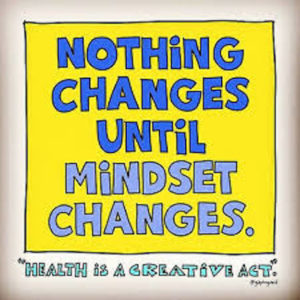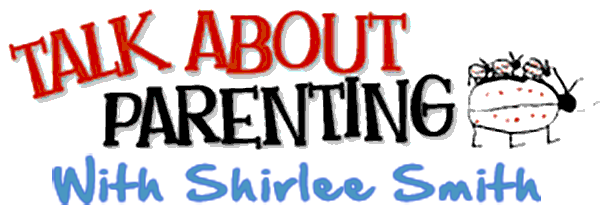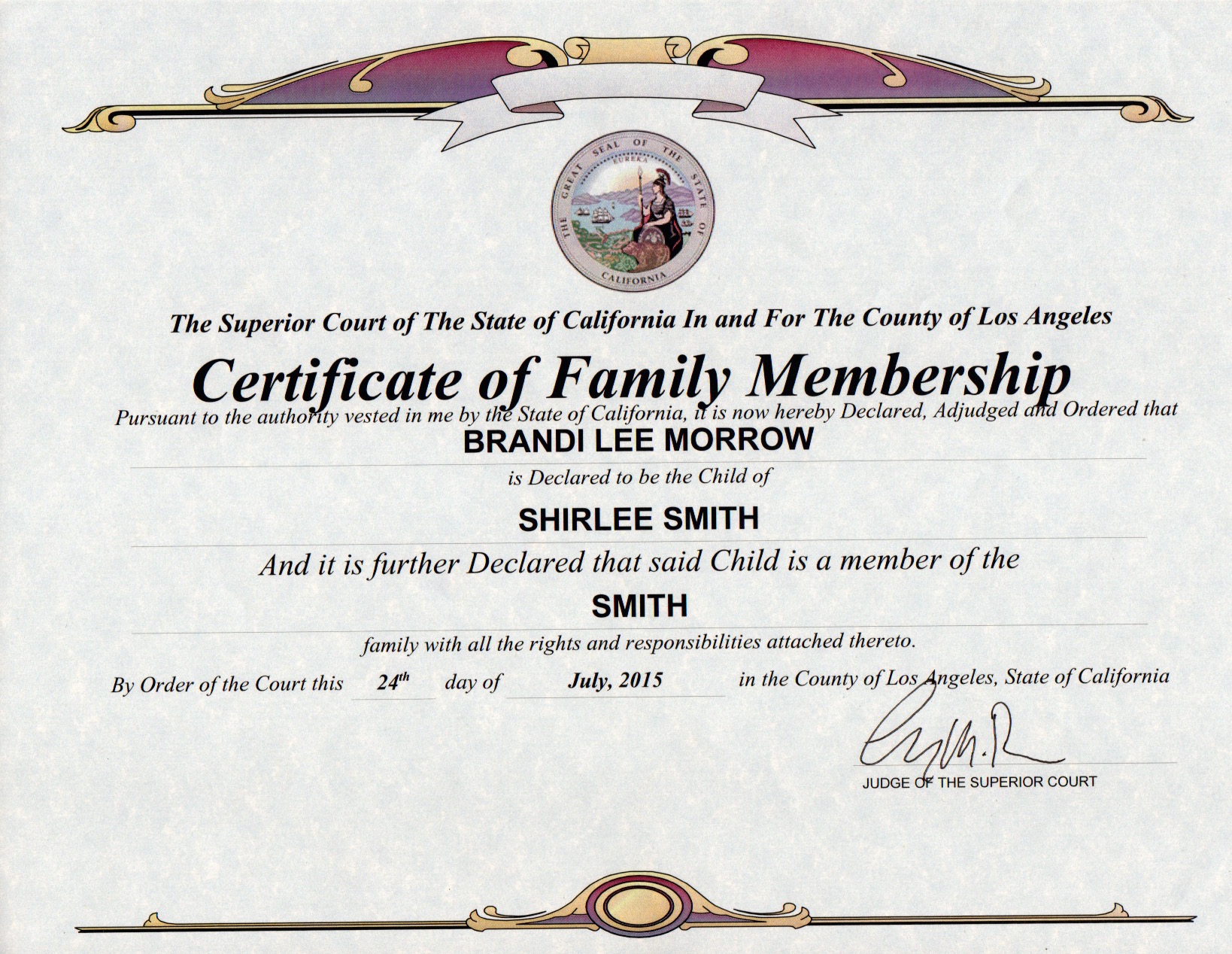
OUR UNCHECKED MENTAL HEALTH ISSUES
“Suicide is a viable option. But what if I don’t complete the task and I’m maimed for life — then what?
“Damn!”
Total depression to be followed, having experienced this missed opportunity to end life’s woes and now facing the final chapter of a life, replete with a growing list of failures, including the ultimate “never can do anything right.”
May is Mental Health Month, and perhaps we all need to check our barometers to see where we measure on life’s scale of conquering mind over matter.
It doesn’t take a licensed professional to tell us people are falling off balance. A seemingly unprovoked screaming attack discharged against the grocery clerk is a clue that things aren’t good.
UNCHECKED BEHAVIOR
“What you mean you ain’t open?” screeched the irate shopper when the checker pointed to the sign on the counter that read, “Closed — please use another checker.”
Eyes rolling and breathing heavily through an orange face mask, the shopper moved on with her cart but mumbled out loud, “She oughta tell somebody befo de get in de line.” The checker didn’t respond.
A scene in an up-scale cleaner’s parking lot produced a similar scenario.
“Excuse me,” said the polite twenty-something with the expensive sunglasses and blonde hair falling in loops across her shoulders.
“Get back in your damn car,” yelled the older woman wearing the fancy summer hat with a matching face mask.
That scene was all about the parking space the blonde was pulling her Lexus into but which was being blocked by the older woman in the Mercedes sports model.
While it seemed that the blonde was trying to be reasonable, Ms. Older Woman didn’t want to settle in a peaceful manner.
The parking attendant intervened in this case of minor road rage.
WHAT ABOUT THE CHILDREN?
Where did courtesy get buried? Seems that treating people like we’d like to be treated has taken on a new meaning.
Oh, the mumbling lady in the supermarket had two children with her in the shopping cart and the Lexus driver had a toddler strapped into a rear car seat.
Were the kids paying attention to the interaction? Probably not, might well be the answer most people would give. But from where and how do our young ones learn, if it isn’t by watching (at all times) the adults in their lives?
The ability to steer one’s life in a direction of mental stability is most often learned from those who influence our growth.
The grocery clerk, I would like to believe, was trained in handling belligerent, mean-spirited customers.
The attendant in the parking lot, from watching him approach the two women and the demeanor he displayed in settling the fracas, indicated he was trained for such scenarios.
No, I’m not with a clinical diagnosis, and you possibly don’t have one, either.
Nowadays, we don’t necessarily need a diagnosis to recognize we’re all living on the edge.
Mental health isn’t all about a professional diagnosis. I’m not so sure there is one called “At The Edge” but we should all recognize it when it happens to us. And maybe we need to recognize that being at the edge is unhealthy.
Our behavior in these everyday situations influences our children, and to put it simply, also ruins our days.

FOUR TIPS
We all might be able to see the better side of life if we were to:
1) Learn to keep our mouths shut more often. Example: Clerk says the line is closed — just move on;
2) Go to the faraway parking spot. Example: We’ll be alone there as everyone else is usually headed for the closest space;
3) Lower expectations when encountering service providers. Example: Knowing ahead of time that when interacting with a store clerk or any other service provider that something is quite apt NOT to go our way;
4) Plan ahead. Example: By knowing that life’s travels are going to take much longer than they used to and that they are going to take much more of our strength and endurance.
A MENTAL HEALTH DIAGNOSIS?

When picked up from child care, the 4-year-old, with an angry scowl on his face, told his mommy that he wanted to kill the two kids who’d broken the toy soldier he’d made.
As I stood there with them, she told me with a scowl on her face, “He’s always angry,” and she went on to unleash a barrage of inflammatory statements directed at the child-care staff.
I’m nobody’s mental health professional but I can see in these seemingly small occurrences that we’re creating for ourselves and for our children, on a daily basis, an extremely unhealthy environment. And if allowed to go unchecked, this behavior will surely result in a mental health diagnosis that does have recognizable symptoms and a name.
Maybe the behavior we’re witnessing indicates a textbook case of Oppositional Defiant Disorder; Attention-Deficit/Hyperactivity Disorder and Conduct Disorder (in children and adolescents); Psychotic Disorder; Bipolar Disorder; Antisocial, Borderline, Paranoid and Narcissistic Personality Disorder; Adjustment Disorder with Disturbance of Conduct; or Intermittent Explosive Disorder.
PROFESSIONAL HELP IS AVAILABLE
NAMI: National Alliance on Mental Illness | NAMI HelpLine
https://www.nami.org/
Find-Support/NAMI-HelpLine
HelpLine staff are prepared to answer your questions on mental health issues. Contact us … Crisis chat support is available at Online Hotline. Free help, 24/7.
SENIORS FRIENDSHIP LINE – Talk To Someone Now
Adwww.ioaging.org/
Toll-Free, 24-Hour Hotline for Seniors Needing a Friend. Talk to a Friend Today!
Senior Companionship Line · Senior Suicide Prevention · Toll-Free & 24 Hour · For All Seniors In USA
Comments are closed.




I think that there needs to be more emphasis on Mental Health. I know in my own family seeking help for mental illness is not done. Even when someone tries to get help for a relative the Dr. normally gives you a blank stare they have no advice on how to get the person to except help so the issue grows. We want to ignore the unpleasant and whisper about it in the form of gossip. I don’t think we realize that by ignoring a problem how much we harm others in our avoidance.
Ay, now I have Ann idea who to call when i get those crazy urges. Thanks
Mothers’ Day is behind us, but it is always with us every day. Mothers are the #1 model for positive behavior for their children, and for building, for themselves, an attitude of gracious acceptance of those situations over which we have little control. We always have the choice to “do the right thing” in moments of potential conflict or heightened emotions. Good reminder during Mental Health Month! Thank you.